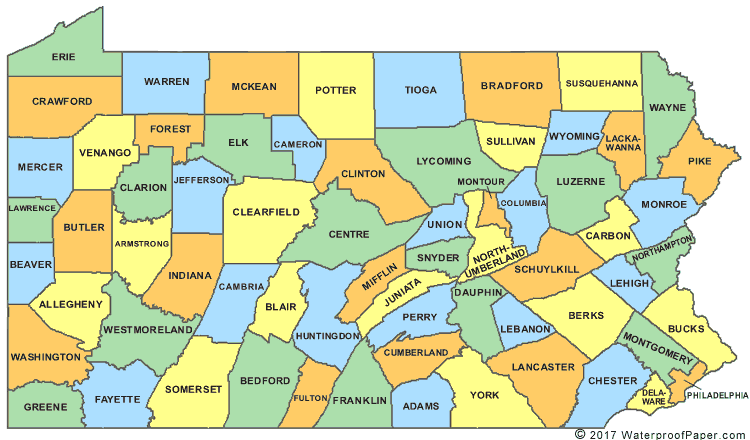Basil Dorsey, born enslaved in Maryland, became famous for his role in successfully freeing himself. Dorsey was born in 1808 to unnamed parents in Libertytown, Frederick County, Maryland. Much of Dorsey’s earlier life is unknown, but he was enslaved to Sabrick Sollers. While enslaved, Dorsey married an enslaved woman named Louisa and they had two children, Eliza and John Richard.
Dorsey was promised his freedom by Sollers but when he died in 1834, Sollers’s son, Thomas, claimed him. Thomas Sollers offered to sell Dorsey his freedom for $350. When Dorsey found Richard Cole who would help him pay for his liberty, Sollers raised the price to $500. In response, Cole encouraged Dorsey to escape.
On May 14, 1836, Dorsey fled on foot with his brothers Thomas, Charles, and William. The four brothers reached Pennsylvania, where they traveled to various towns including Gettysburg, Harrisburg, and Reading, before settling finally in Bristol. While in Bristol, the brothers worked on the farm of Robert Purvis, a prominent Black abolitionist. In July 1837, Dorsey’s brother-in-law betrayed him to slave catchers hired by Sollers, and they tracked him to Purvis’s farm and had him seized by local authorities.
Dorsey remained jailed, awaiting return to Maryland while Purvis organized his legal defense challenging the right of slavecatchers to operate in Pennsylvania. Purvis asked Philadelphia attorney David Paul Brown to defend Dorsey and encouraged the local African American community to attend Dorsey’s trial as a show of support. During the trial, Sollers offered to settle the case by providing Dorsey for sale for $500. Purvis agreed to pay that amount, but Sollers raised the price to $800. Purvis again agreed to pay but Sollers then raised the price to $1,000. Dorsey then interrupted and declared. “Do not pay it. I am prepared to take my life in court if the case goes against me, for I will never go back to slavery.”
When Abel Griffth, Sollers’s attorney, presented documents in court to prove Sollers’s ownership of Dorsey, Brown responded by demand that he show evidence that slavery was legal in the state of Maryland. In response, Griffith presented The Laws of Maryland. However, Judge John Fox, declaring the book was not enough proof, dismissed the case.
After the trial, Dorsey became a celebrity, traveling alongside Purvis to Philadelphia and New York where he was presented to abolitionist audiences. While in New York, Dorsey met David Ruggles, who encouraged him to settle in Northampton, Massachusetts to put a greater distance between himself and Sollers and Maryland slavecatchers. Dorsey and his wife, Louisa, who was now free, lived there and had a third child in August 1838. Louisa died, however, in November 1838. Dorsey officially gained his freedom on May 14, 1851, when the Sollers family gave up all claims to him. Dorsey married another woman named Cynthia and the couple then had 11 children. Basil Dorsey died in Florence, Massachusetts, on February 15, 1872, at the age of 64.
Do you find this information helpful? A small donation would help us keep this available to all. Forego a bottle of soda and donate its cost to us for the information you just learned, and feel good about helping to make it available to everyone.
BlackPast.org is a 501(c)(3) non-profit and our EIN is 26-1625373. Your donation is fully tax-deductible.
“Basil Dorsey,” Freedom Stories of the Pioneer Valley, https://freedomstoriespv.wordpress.com/basil-dorsey-escapes-from-liberty-maryland-plantation-to-settle-in-florence/; “Basil Dorsey,” David Ruggles Center for History and Education, https://davidrugglescenter.org/wp-content/uploads/2020/04/Basil-Dorsey.pdf; “Basil Dorsey,” Find a Grave, https://www.findagrave.com/memorial/39144448/basil-c-dorsey.

